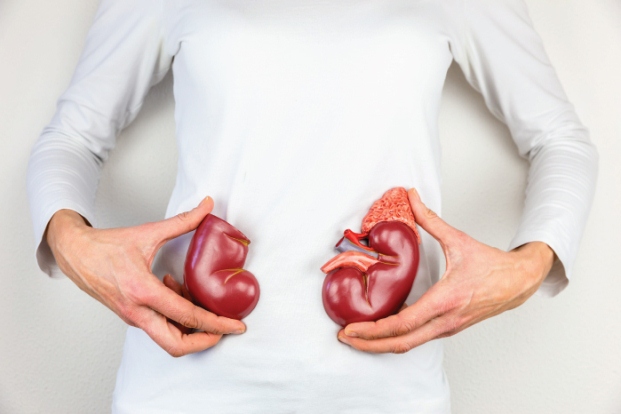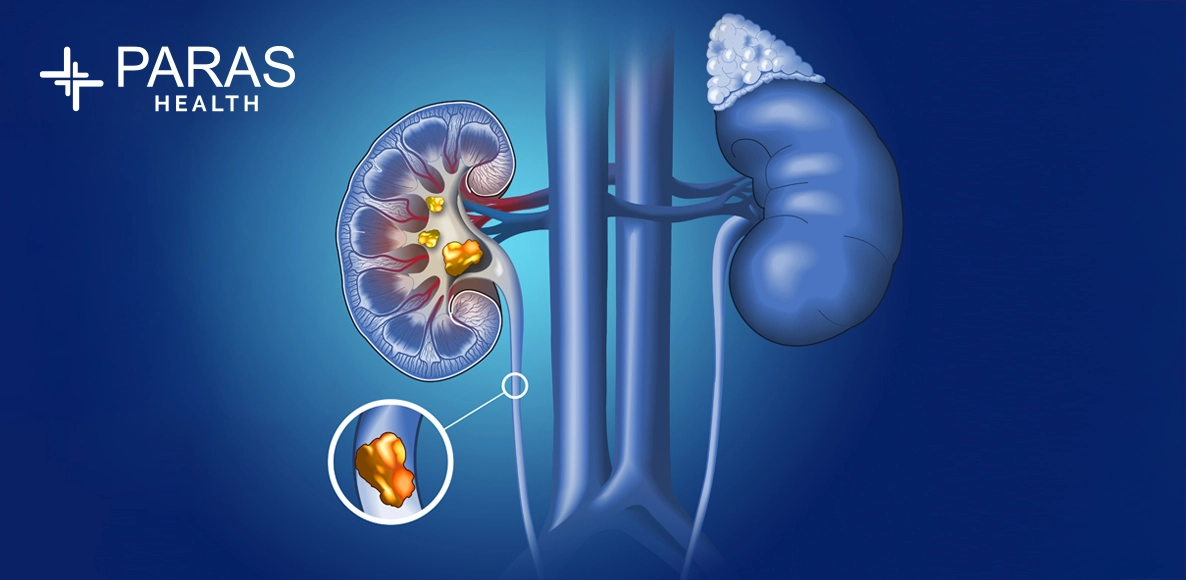Lifestyle changes which help with Kidney Disease

Apr 19, 2022
Living a healthy lifestyle is an important part of managing Chronic Kidney Disease (CKD). Chronic Kidney Disease (CKD) doesn’t have to stop your loved one from living the life they’ve always dreamed of. By making a few smart changes to diet, making sure to stay active, and forming some overall healthy habits, patients with CKD can keep enjoying the things that inspire them. The types of changes that may be necessary can benefit everyone, regardless of whether they have Chronic Kidney Disease (CKD). It can be helpful to have a friend or family member commit to living the same healthy lifestyle, to give them both better health and encourage the person with CKD along the way!

Your diet and exercise are most important:
CKD increases the risk of other serious complications such as heart disease and stroke, it’s important that CKD patients start making healthy choices as soon as possible. The most significant changes include changes in diet and daily activity levels. When it comes to determining an appropriate diet and exercise regimen, it is recommended that patients speak with a dietician or health care professional. But, to get you started here are a few general suggestions.
Guide to a healthy diet
- Choose the right type and amount of protein—Eating small portions of foods high in protein will help protect the kidneys. Lean proteins such as chicken and fish are recommended.
- Choose foods with the right amount of potassium – Eating too little or too much potassium can cause your muscles and nerves to work improperly. Talk to a dietician to find out what amount of potassium is recommended.
- Choose drinks that are low in potassium and phosphorus—Apple and cranberry juice are good choices when trying to limit potassium. Likewise, light-colored sodas may contain less phosphorus than dark-colored sodas.
- Limit your alcohol intake—Alcohol can damage the liver, heart, and brain. Some patients with CKD may be able to have very small amounts of alcohol, but they should consult a healthcare professional before doing so.







